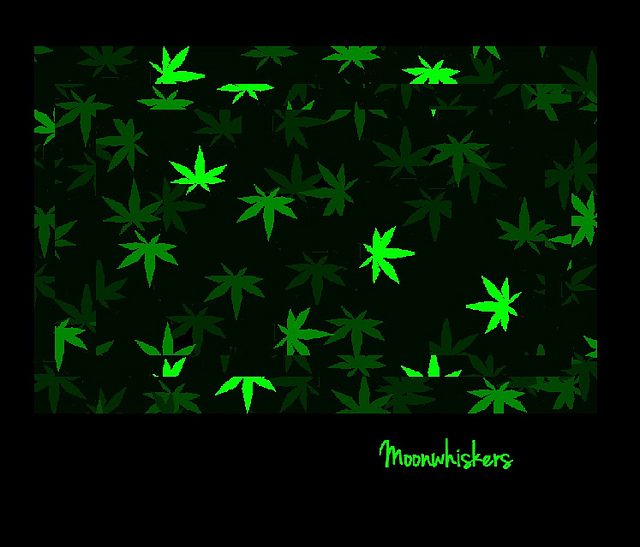Older adults are taking medical marijuana to ease pain and anxiety. But, as Dr. Marc Manseau has previously reported on Just Care, there is little to no scientific evidence that weed helps any mental illness, and it can be addictive. In fact, there are studies showing that cannabis can make depression, anxiety, and post-traumatic stress disorder worse. Now, Paula Span reports for the New York Times, that older adults are increasingly smoking and vaping marijuana as well as taking marijuana edibles and using other marijuana products, including salves, oils, tinctures, and patches, despite the lack of scientific evidence that they help.
Span interviews one older Californian from Laguna Woods who says that virtually every older person she knows is using some form of marijuana. They use it to calm their nerves, as a sleep aid and for pleasure. A local shop charters a bus to bring older residents to their outlet to buy marijuana at a “discount.”
In November, residents of Utah and Missouri voted to legalize medical marijuana. Now, medical marijuana is legal in 33 states and the District of Columbia. Recreational use of marijuana is legal in ten states. Marijuana is not legal under federal law.
Medicare does not cover medical marijuana even though some physicians believe that marijuana can be beneficial for easing pain without the side effects of opioids. And, there is some evidence that it also helps people reduce nausea and vomiting that may accompany chemotherapy. The National Academies of Sciences, Engineering and Medicine issued a report in 2017 citing a number of conditions for which marijuana may have clinical benefits.
That said, it is worrisome that people are treating themselves with little direction from their physicians. And, as we have previously reported, marijuana can have dangerous interactions with some prescription drugs.
Here’s more from Just Care:











…though I have to pay for it out of pocket, CBD Cannabis (oil and cremes) is the best at reducing pain and stiffness comapred to OTC NSAIDs or prescription arthritis drugs. The two major benefits are longer duration (I usually only need to use it once per day at most), and zero undesirable or debilitating side effects.
NSAIDs when used on an prolonged basis cause digestive, kidney, liver hearing (tinnitus which I now suffer from), and even brain damage. Prescription meds can cause a host of different side effects from nausea, to drowsiness, to organ damage, to negative interactions with other medications, to even in one case (as I saw in the list of warnings on a television advert), death. With opioids there is also the issue of addiction which ca lead to deadly overdosing.
It is sad that something which actually works better to helps with inflammation and pain, which is not addictive, and has no other ill effects is still illegal under federal law but meds that actually have been found to be harmful and addictive, if not deadly (as well as very expansive), are not. It just shows how our government is more into protecting profits of the Pharma industry and the private prison industry (the largest percentage of the incarcerated population in this nation are for cannabis related “crimes” including growing, sale, and simple possession).
This needs to be changed, however given the current administration don’t expect it soon.
I pointed out, after reading Dr. Manseau’s article, some months ago, that it was mostly b.s. His assertion that marijuana is addictive, is pure bull. Whatever he wrote after that false statement was fatally flawed. Marijuana was found not to be addictive as long ago as 1938. “A person may be a confirmed smoker for a prolonged period, and give up the drug voluntarily without experiencing any craving for it or exhibiting withdrawal symptoms.”
That quote is from the 1938 study “The Marihuana (sic) Problem in the City of New York,” undertaken by Mayor LaGuardia’s Committee on Marihuana. The entire report, quite lengthy, appeared in the 1966 book “The Marijuana Papers,” a collection edited by David Solomon.
[…] article originally appeared on JustCareUSA. Republished with […]